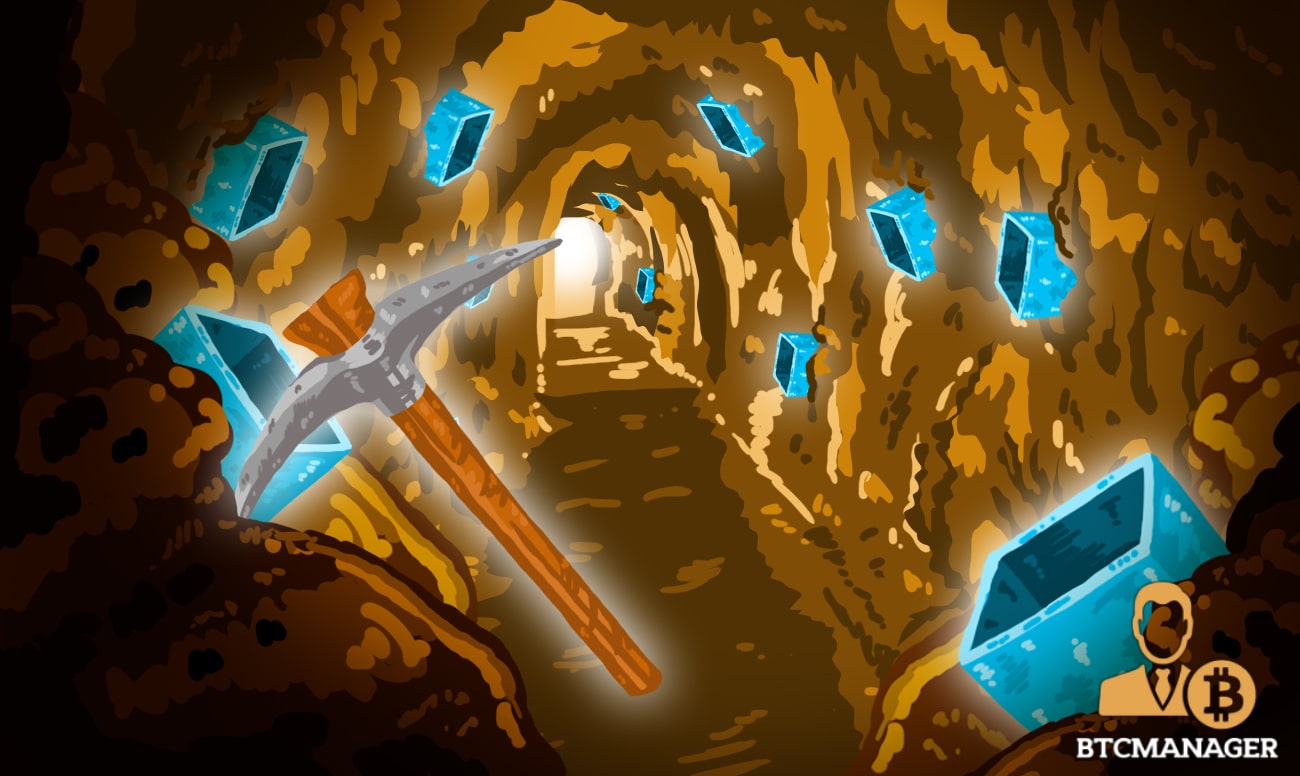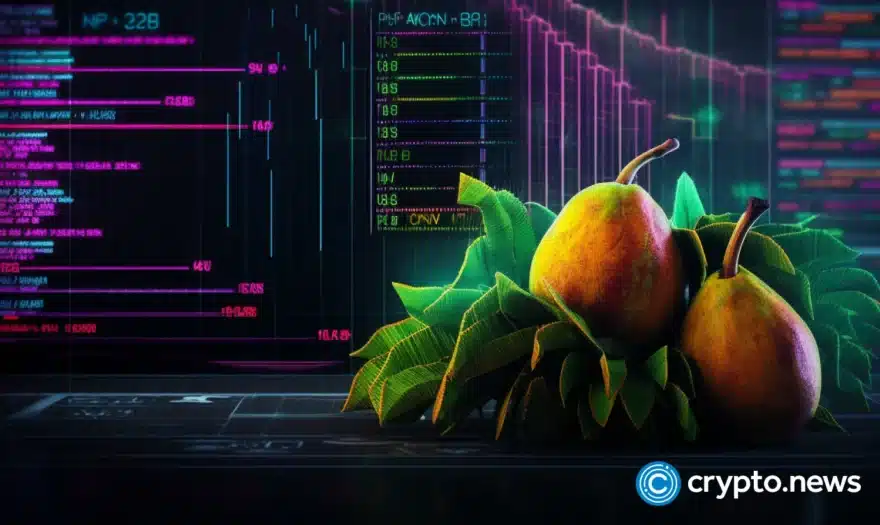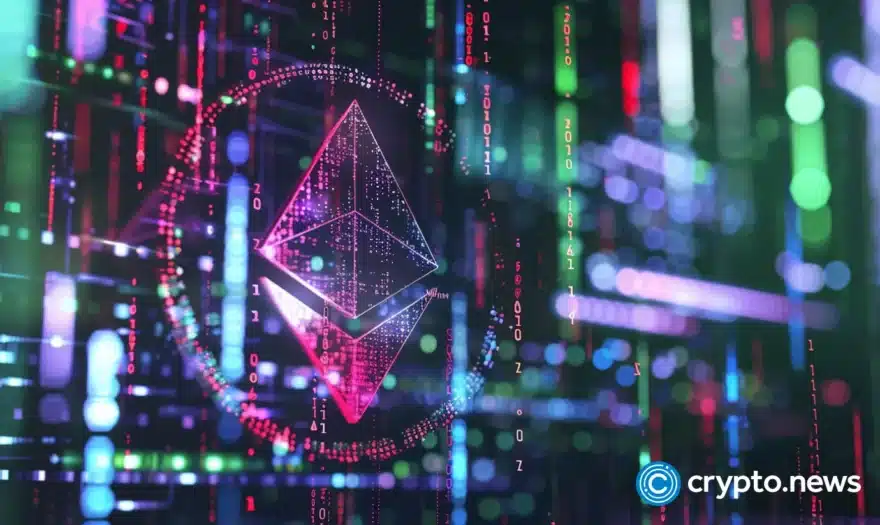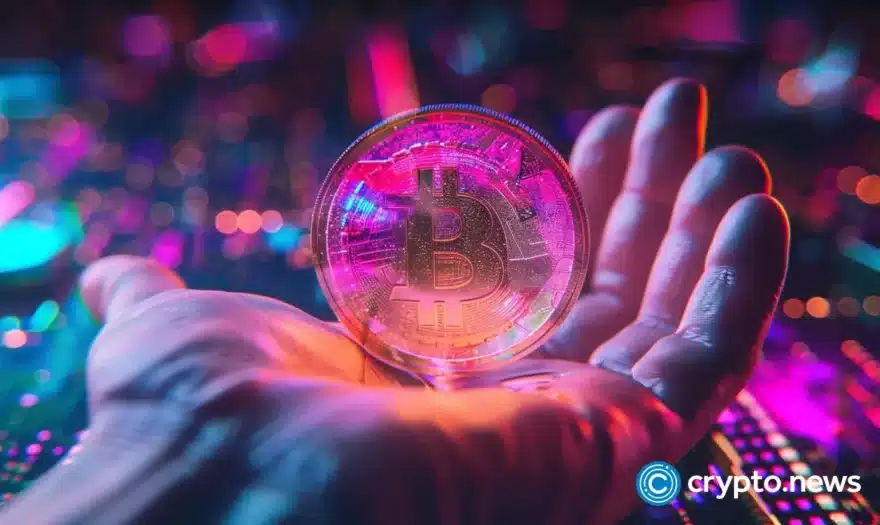Why Are Miners Mining “Empty Blocks” and What Affect Does It Have on Blockchain Networks?

In early-October 2018, reports detailing a rise in the number of empty blocks on the Ethereum blockchain came to light. Using data from the Ethereum network, data analytics firms, as well as media companies were able to confirm the presence of a disproportionately high number of blocks devoid of any data related to transactions sent over the network. Moreover, mining pools were found to be actively pursuing mining in this manner.
Using data from Coinfi as well as from the Ethereum data analytics company Alethio, Decrypt Media published a report showing how mining pools were adding empty blocks to the network to maximize their profits. Utilizing a practice known as spy mining, mining pools were able to garner block rewards even though they were effectively adding nothing to the blockchain.
The Rise of Validation-Less Mining
Spy mining is one of the two practices that constitute validation-less mining. The practice refers to adding blocks to a network using only the hash value of the previous block but without having or confirming any of the transaction data contained in the said block. Validation-less mining takes two forms: SPV mining and spy mining.
Mining pools are looking to maximize their profits. That is the premise upon which mining pools are based on: pooling resources to find a block faster and thus collectively reap the rewards. However, in the pursuit of the block rewards, mining pools may exploit some features of a network to their advantage.
Miners earn a sum when they successfully add blocks to a chain. Because of this, mining pools are incentivized to add blocks to a network in the fastest way possible. Due to the architecture of blockchain networks, it is not necessary to have all the transaction data in a block to add it to the chain. All that is needed is the block’s hash. This is the feature exploited in validation-less mining.
In the spirit of maximizing profits, miners will make it a point to attempt to find a new block before they have been able to ascertain the data contained in the preceding block. When miners are unable, or unwilling, to download and very the previous block but decide to add to the chain, they must take specific actions to avoid losses.
Miners will avoid appending any transactions or their related data to the block. Besides the data attached to the coinbase transaction, miners will not add any new information because they are unsure of which transactions were confirmed in the previous block.
Adding new data when they cannot ascertain the contents of the previous block can result in an invalid block which is a waste of resources as well as loss of the block reward. This is an undesirable outcome. Conversely, miners will still earn the block reward regardless of the size of the block they add to the network. The act is referred to as SPV mining.
Spy mining, on the other hand, refers to the practice of acquiring the hash of a block from another source and then using it to add a new yet empty block to the network. Spy mining is only possible in the context of mining pools. Members of mining pools will infiltrate their competitors, posing as participators, to find out the hash of a block. The target pool will expect an increase in hashpower, but they fall victim to theft by spying. Using the ill-acquired data, miners can add empty blocks to a network.
Validation-less mining was frequent in the Bitcoin network in recent years but has slowed down. This practice was first flagged up by trading platform BitMEX in 2017. While it has reduced considerably, mining empty blocks is still a widespread practice for mining pools on the Bitcoin blockchain with only two mining pools adding zero empty blocks in 2017.
Mining Pools Are Biggest Culprits
Mining pools are known to exploit the possible but unethical and likely dangerous practice. For instance, the Ethereum mining pool Etherdig was able to garner significant profits from spy mining. Due to a marked deviation from the average block time, it is possible to decipher the presence of spy mining.
Alethio co-founder, Johannes Pfeffer, explains:
“From early September, some miners have started consistently mining empty blocks. The average block time of these blocks is 15 percent shorter than for blocks filled with transactions. The data suggests that spy mining is taking place.”
Ethereum’s blockchain is designed to produce 5800 new blocks in a day. These blocks contain the data related to the 540,000 transactions that are processed daily. For maintaining the network and keeping it in good working order, miners will receive an average reward of three ether (ETH) for each block.
Because of the reward schedule, Etherdig was able to profit upwards of 3000 ETH all while mining empty blocks. Adding 1250 new blocks, Etherdig acquired an ill-gotten 3,750 ETH or $862,500 without actually benefitting the network.
In a curious turn of events, the mining pool has been adding references to a video game in the empty blocks. “Instead of gathering transactions, confirming them and including them in blocks, it has been creating blocks that just contain the phrase, “Interim Global Authority,” a reference that appears to be related to the popular computer game, Colony.”
Another mining pool, F2Pool, was also found to be practicing empty mining. F2Pool is one of the largest mining pools for Ethereum and holds about 12 percent of the network hash rate. While F2Pool was adding actual transactions to the network, it was also found to be adding empty blocks at a rate quicker than that of Etherdig.
However, it looks like the F2Pool was using validation-less mining to create a scenario where selfish mining was possible. Selfish mining refers to the practice in which miners will not broadcast their found block to create a longer chain. When they eventually publish their chain, other participants in the network lose because the blockchain automatically reverts to the longest string.
Are Blockchain Networks Under Threat?
The use of validation-less mining to add empty blocks to a network is not illegal in the context of the rule of code. However, it does raise questions of ethicality. When it was prevalent in the Bitcoin network, opinions were mixed as is explained by BitMEX:
“The efficacy of SPV mining is debated in the Bitcoin community, with advocates claiming this is legitimate profit-maximizing activity. It increases the probability of an invalid block receiving more confirmations, ensuring the network is less reliable for payments as double spends are more likely.”
Indeed, this is the explanation offered up by the Ethereum mining pool F2Pool about the high number of empty blocks it added to the Ethereum blockchain. A spokesman from the pool, Zhe Zhang, attempted to clarify matters, saying:
“Actually, as the pool, we do not want to see empty blocks coming out. After all, the transaction fee is a big source of income. However, to prevent the miners losing out from hashrate waste, F2Pool will still send a mission (block header) to miners on time, even though that may cause empty blocks.”
While it may seem innocuous, detractors argue that if everyone were to practice validation-less mining and add empty blocks to a network, this would eventually result in a slow and needlessly congested network. Additionally, it would give mining pools the chance to launch 51 percent attacks on blockchain networks. Using a combination of validation-less mining and selfish mining, it is theoretically possible to take over more than 51 percent of a networks hashrate.
A 51 percent attack is not advantageous to any stakeholders except those launching it. Double spends, loss in value of the native cryptographic token as well as damages for miners and other stakeholders can be results such an attack.
Moreover, blockchain networks are built, partly, on the value of equality. If mining pools can manipulate the principles of a network to exert undue influence and gain low profit, it becomes the antithesis of the invention.
Following widespread outcry upon the publishing of the report by Decrypt Media, Etherdig has revealed it will cease to practice SPV mining. While the reasons for the cessation of the practice are unclear, the decision by Etherdig may show mining pools are aware of the effect they have on networks when they participate in validation-less mining and are only waiting to be publicly called out to stay honest.












